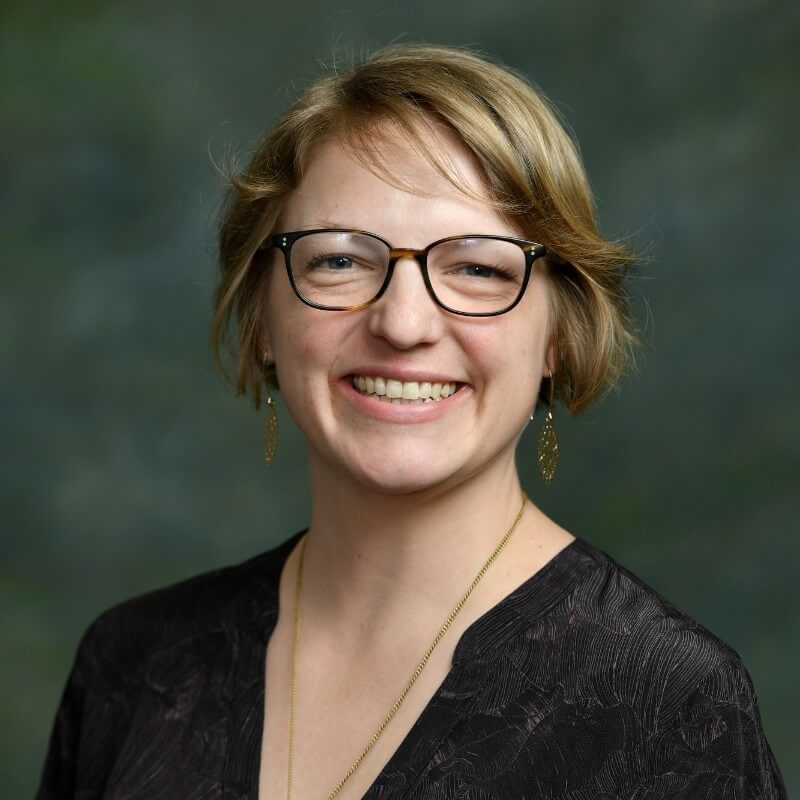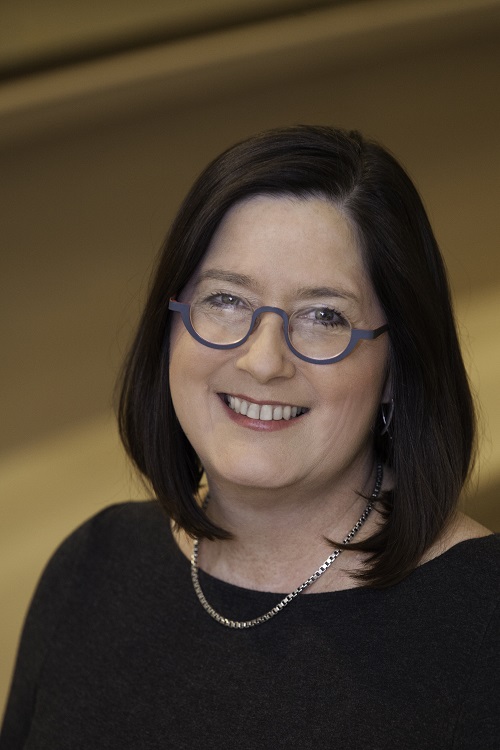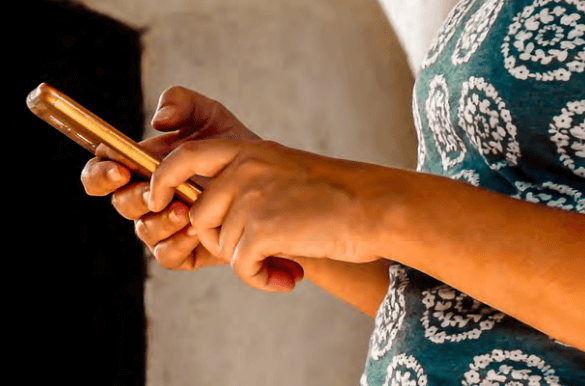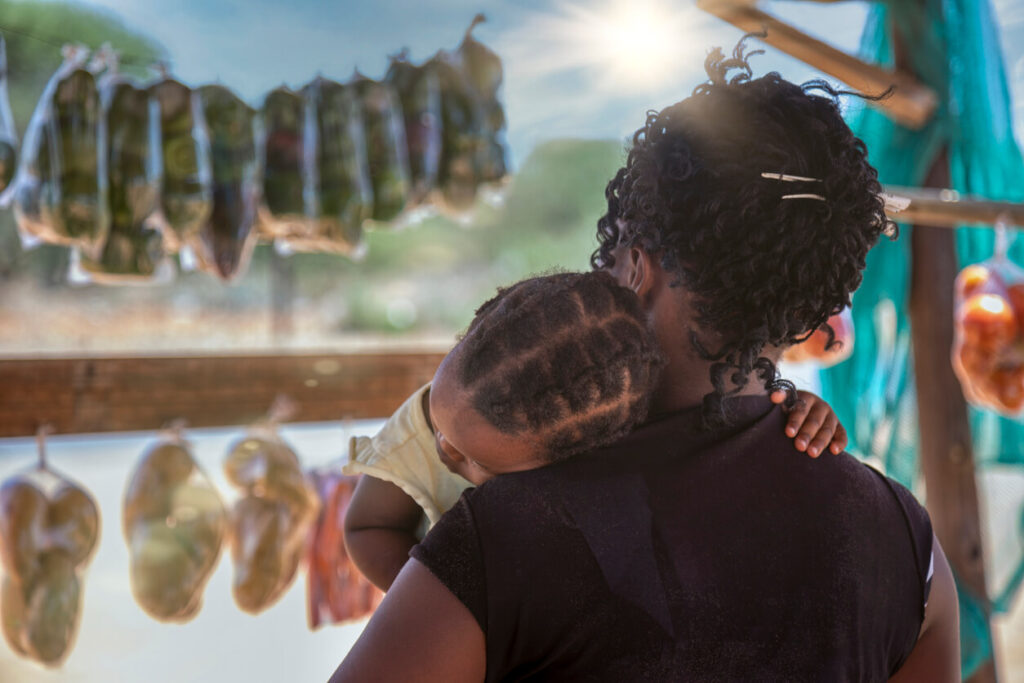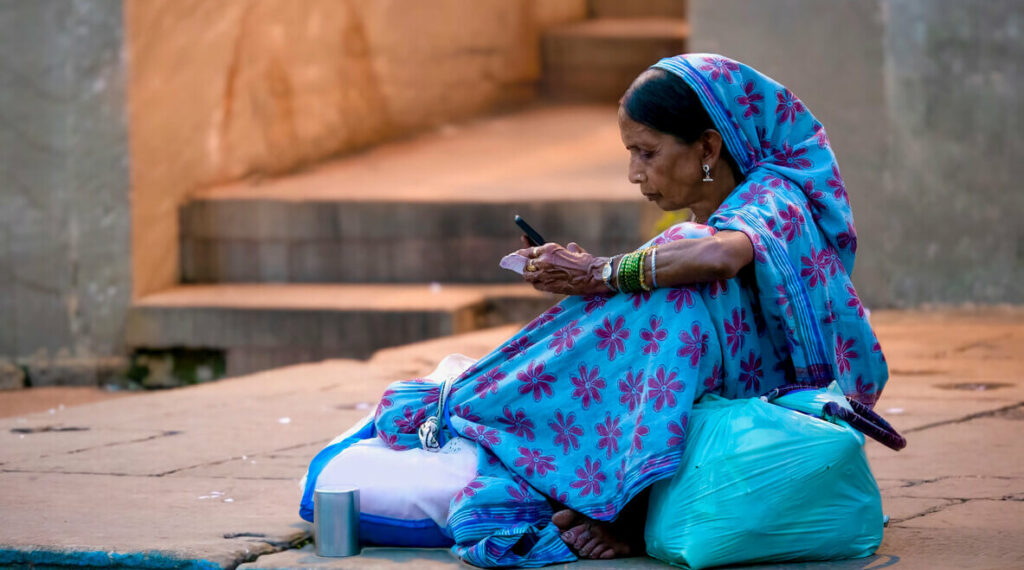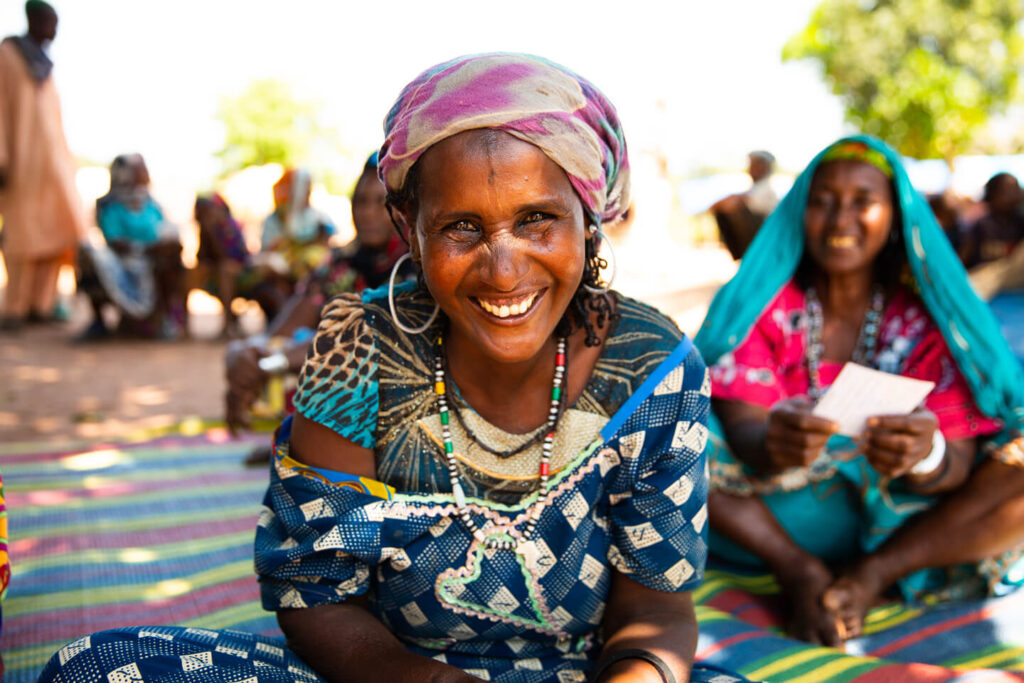
Investing in digital financial capability is essential to support women navigating increasingly digitalized financial systems. A woman who is digitally and financially capable can evaluate, choose, and use financial services that enhance her life. Investing in her digital financial capability can contribute to meaningful access to and usage of financial services. This can be a positive step in improving economic opportunities for women and their families.
Approaches that work for women require going beyond traditional financial education to approaches that may require more time, support, and a deeper understanding of the social and gender normative constraints that prevent women from realizing their economic potential.
This publication shares how we can improve the design and delivery of digital cash transfers for low-income women using a four-phased approach: diagnose, design, deliver, and document. It presents examples of promising interventions tailored to women’s needs and realities and offers practical suggestions and tools for market and ecosystem actors to support women’s digital financial capability.
This series — created in partnership with the World Food Programme (WFP), the Center for Financial Inclusion (CFI), and the Bill & Melinda Gates Foundation — shares how we can improve the design and delivery of digital cash transfers for low-income women.
